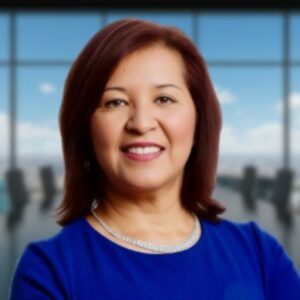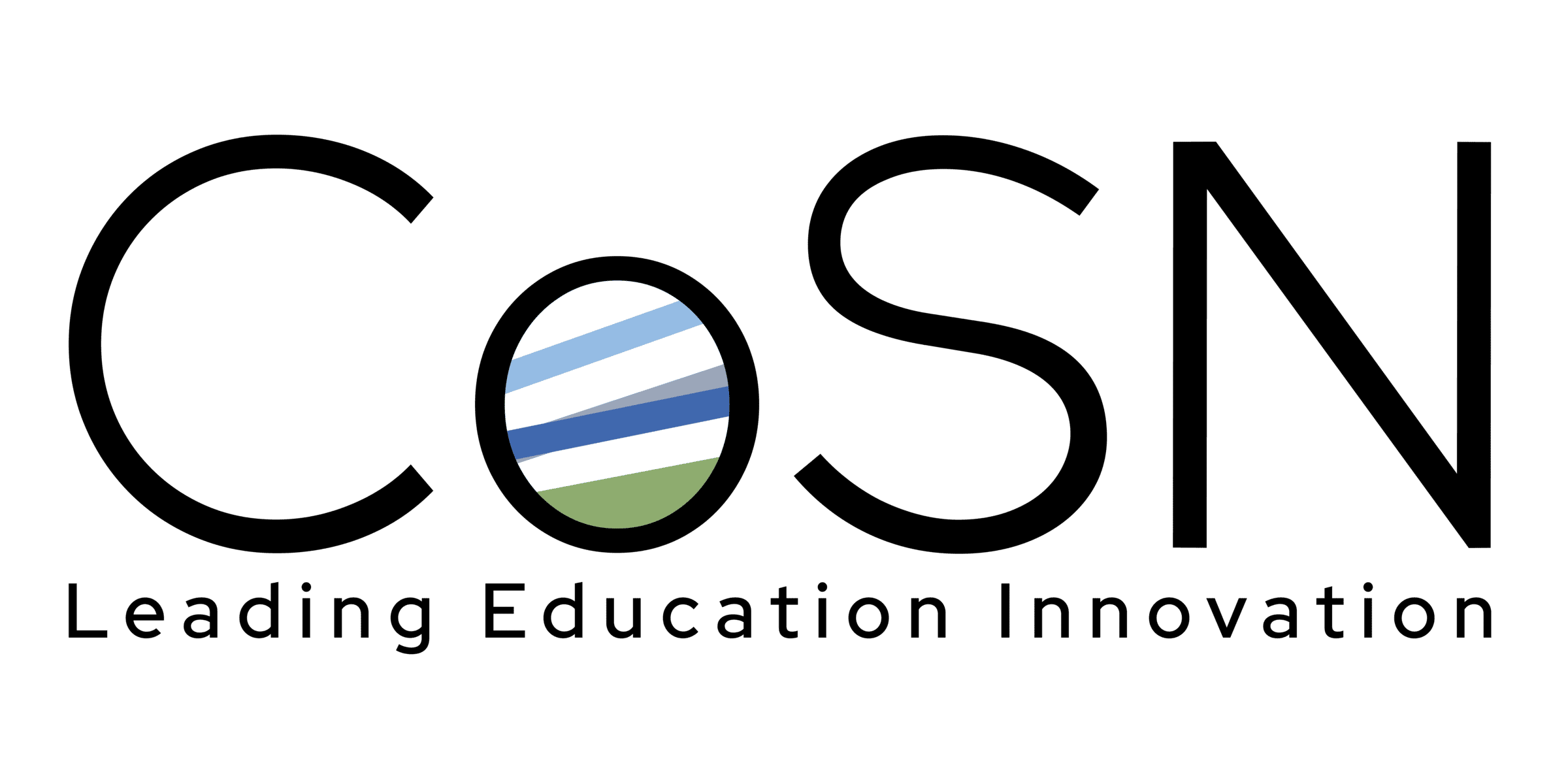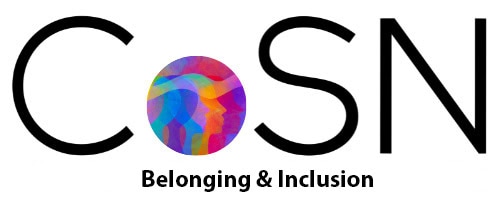The best way to foster and ensure equality in STEM and beyond is for those who have reached success in less-than-diverse industries to help guide others to follow in their inspiring footsteps. This is the concept behind an IT Pipeline. Dr. Rhonda Talford-Knight, Belonging & Inclusion Project Director, chats with Caroline Sanchez Crozier, Founder and CEO of LatinX Digital Leaders Now, about the unique challenges of accomplishing this in the Latinx education arena in order to make the world of tech a more inclusive and welcoming place for all.
Rhonda Talford Knight:
I am excited to learn from your perspective and lens. How do we connect with historically Spanish-speaking and non-Spanish speaking Latinx institutions about adding to a Belonging & Inclusion IT Pipeline? We can talk about gender. We can talk about sexual orientation, but we also know we can talk about race and ethnicity. Work needs to be done in order to increase the number of folks that identify as Hispanic in Tech Education.
Caroline Sanchez Crozier:
So true. We don’t have the representation, the leadership, in our adults. Therefore, our students do not get the support, the awareness, the access, and frankly inspiration to enter the field and do great things. Five years ago, I decided to step down and dedicate myself to this 100% full time, because the needle isn’t moving. The percentages are still low, and technology keeps growing, growing, growing.
Rhonda Talford Knight:
How can we make a difference—what are the tools, resources and barriers?
Caroline Sanchez Crozier:
We have to start in education. Our pillars are education, building that pipeline from very early on. Too often, I see that focus land on the students in education, and it needs to be on the educators and the leaders. We need to increase the level of exposure and visibility through conversations and storytelling. That’s our entire mission, we focus on doing it in multiple ways. That’s why the name is LatinX Digital Leaders Now.
Rhonda Talford Knight:
I’ve been doing this work for over 20 years, and the needle is not moving. It’s going to be a little more difficult to move the needle in some states. When I hear “you can’t use certain terms” like Belonging & Inclusion, I share back, this isn’t Belonging & Inclusion work. This is equity work. We don’t ever have to use the word belonging when you talk about equity, because it is understood that you’re talking about equity for all people, whether you’re the straight white man or the transgender woman of color in a wheelchair and I won’t say everything “in between”, but every single label because diversity is everyone, regardless of what your labels are.
Caroline Sanchez Crozier:
We have to flip the narrative to convey a different message so that we get less opposition, but we still have accomplished the same goals using the cultural intelligence of what we bring to the table; inclusion of thought, innovation, ROI. We’re revising our website and brand to emphasize that, because I don’t think we speak enough about all the value, talent and human capital we bring to the table. I always say, never let a crisis go to waste— whether it’s the pandemic or this current fight against DI. At one time, bilingual education was also being politicized. Who can say two languages is bad?
Rhonda Talford Knight:
I was educated in this work, but we didn’t call it Belonging and Inclusion. My foundation is social studies and global education, and cultural is the term that we use. There’s cultural humility, cultural intelligence, cultural competence, there’s cultural proficiency, intercultural competence— I operate from a space of global in my travels and my work with organizations, Doing the work in the US is sometimes narrow. So how do we now begin to do this work without using the term “diversity”? You just do it because you don’t have to use the term diversity. What are the contributions we can make to support understanding of the different career pathways in technology or IT?
Caroline Sanchez Crozier:
We do have a couple of grants that have really helped move the needle in high schools. Right now, we’re exploring, expanding, replicating, scaling, and making them sustainable. We also have a summer tech boot camp for different groups. We don’t exclude anyone, but we are very intentional to recruit more women of color in particular. We’ve been bringing people together—organizations, partners— around the table on this same topic. However, there’s only so far we can go without funding.
Rhonda Talford Knight:
Making meaningful change takes time and resources.
Caroline Sanchez Crozier:
A lot of money came in during the pandemic, but those Cures grants are ending even though our programs are still in the beginning stages. How can we have an infrastructure that will be multifaceted in the immediate with limited resources? You need different strategies — a podcast, a social media campaign, fireside chats, town hall meetings. You need to incorporate your messages in whatever is happening in the community and the schools. Those take time. They take money. They take resources. It takes three to five years to really have an impact and become sustainable, less than that and we are just getting something started and then things end.
Rhonda Talford Knight:
Let me ask you this. Do you have any partnerships or relationships with any HSIs?
Caroline Sanchez Crozier:
One very important to me (because, yes I graduated from there), is Dominican University in River Forest, a private Catholic University. I’ve been inducted as a trustee and they are doing incredible things as an HSI and getting national accolades. Specifically, they’re known for how to serve and how to support very creatively undocumented students. They have over 200 undocumented students.
Rhonda Talford Knight:
What concrete things are you doing with your partners to add to the IT Pipeline?
Caroline Sanchez Crozier:
One is the thing we know from research is that while the pipeline isn’t there, we can’t just fight over the top talent. One plan is to have a “Ganas Expo”. There might not be an exact definition, but it’s a grit we have as immigrants — we give it our all. We don’t always convey that or those on the interviewing side might not see our grit and follow through and all the things we do. So we want to put together a Ganas Expo at Dominican University, HSI to showcase what we offer.
The second goal is we have 90 advisors nationally— business owners, professionals, experts in IT, cybersecurity, AI — but we don’t have a good way of taking advantage of their their their willingness to give back and pay it forward. We don’t have a tracking system. We want to create a dashboard by data science experts to create a live, breathing tool that will match mentees with mentors in the different areas for storytelling, guidance, coaching and skill development.
Read more about CoSN’s Belonging & Inclusion resources here.

https://www.linkedin.com/in/carolinesanchezcrozier/
With over 35 years of experience as a tech entrepreneur and leader, I lead the vision and mission of two organizations: CSC Consulting Group and Latinx Digital Leaders Now (Latinx DLN). CSC is a boutique IT services provider (MSP) that serves schools, nonprofits, and small businesses with Cisco and Microsoft certified network engineers, mostly home-grown Latino tech professionals. LatinX DLN is a nonprofit dedicated to engaging Latinos as digital leaders to thrive in how we live, learn, work, and play.
As a proud immigrant, first-generation, and 1% Latina tech entrepreneur, I am passionate about changing the statistics of Latines in the tech workforce (only 2% Latinas and 8% Latinos). I leverage my expertise, network, and influence to advocate for tech equity, education equity, and innovation in the Latine community. I also participate as a founding member of Angeles Investors, a network that funds and grows Hispanic and Latinx ventures. I frequently share my story and insights as a trailblazer, disruptor, philanthropist, investor, activist, and award-winning servant leader.
A career highlight was receiving the Illinois Small Business Person of the Year Award at the White House in 1993. My immigrant entrepreneurial story began as a corporate CPA auditor, an early ed tech adopter with Apple, serving Chicago schools in the ’90s. Today, CSC Consulting Group, my tech firm, thrives with home-grown Latino techs, serving clients like Chicago Public Schools for over 30 years.
Now, I’m venturing into the nonprofit space, bootstrapping LatinX Digital Leaders Now (501c3) to engage Latinos as digital leaders.
————————————–
This interview has been made possible in part by a grant from Chan Zuckerberg initiative DAF, an advised fund of Silicon Valley Community Foundation.
CoSN is vendor neutral and does not endorse products or services. Any mention of a specific solution is for contextual purposes.


